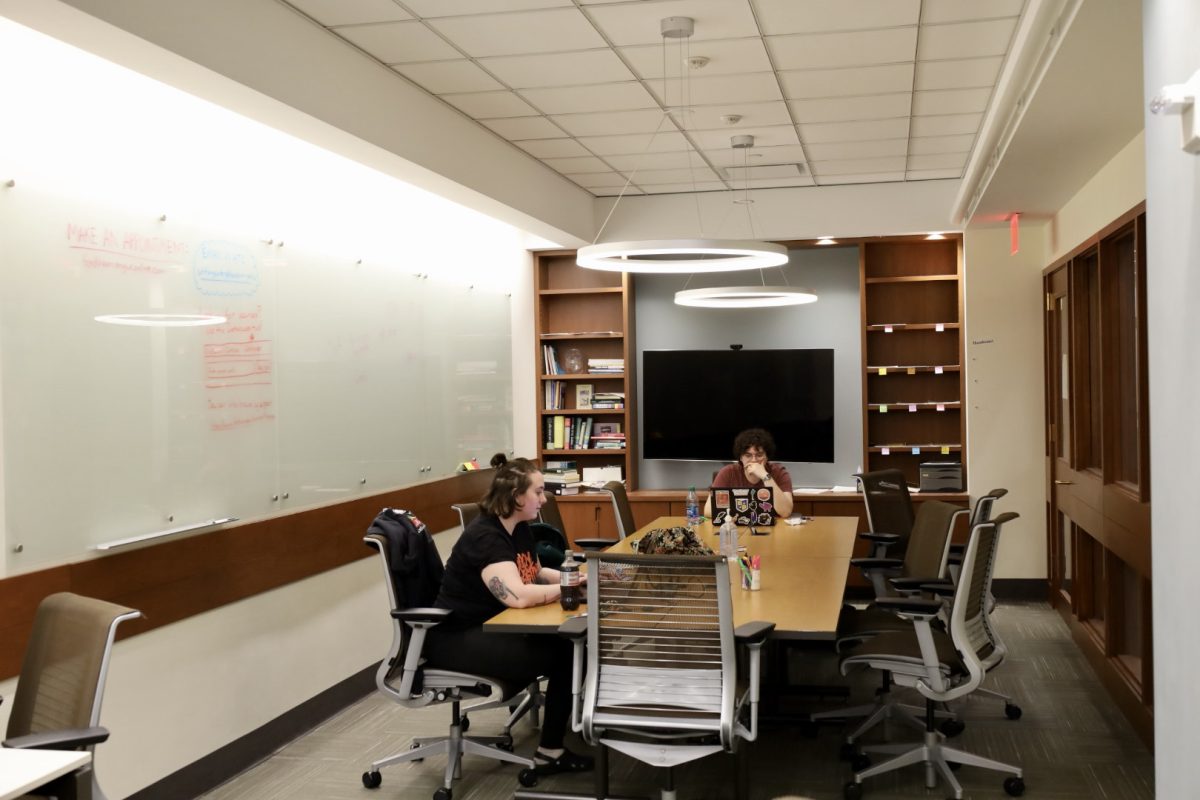The Writing Center is currently offering a Workshop Series for Fordham University students. Directed at refining writing skills, the virtual workshops will take students through the various techniques of research and writing, including essay structure and revision. Originally started in February, the series is currently halfway through with two remaining sessions on April 10 and April 22.
“The Writing Center is a resource that students can use at any stage of the writing process, from brainstorming and drafting to revision… Whether a student wants to focus on structural elements such as topic sentences or research aspects such as situating their paper within a scholarly conversation, our tutors offer a variety of tools through which to get at ideas and arguments,” said Corinna Cape, the Rose Hill Writing Center coordinator.
Students typically use the Writing Center for virtual or in-person appointments at the Rose Hill or Lincoln Center campuses where they can book up to 90 minutes per week to work on topics of their choosing with the option to set up recurring appointments. Tutors are either Fordham Ph.D. students mandated to work at the Writing Center by their programs or external tutors hired through interview processes.
“Ph.D. students from specific programs (usually English, history and philosophy) are assigned to the Writing Center during the first two years of their program… Other graduate students and external tutors are hired through an interview process. During interviews, we focus on the prospective tutor’s educational background, experience and tutoring ethos,” said Uttara Rangarajan, the Lincoln Center Writing Center coordinator.
The workshops have long been a fixture of Writing Center offerings over the years and emphasize good writing skills in and outside of class.
“The workshops have been a part of the Writing Center’s campus outreach for at least 20 years,” said Kirk Quisland, assistant head of the Writing Center. “They have taken different forms over the years, but because the goal has always been to emphasize that effective writing matters for all students across the entire curriculum, the workshops have always been designed to provide practical advice to anyone who wants to improve their writing.”
Workshop topics follow the assignments schedule that a semester typically includes, building in complexity and stage as the months go on.
“We typically start the semester with workshops that will help students with some of the first things they’ll encounter in a writing-based class, such as learning to write an introductory paragraph or developing a thesis. Later in the semester, as students are likely encountering more research projects, we have workshops on how to conduct research or integrate sources,” said Cape.
The process of deciding workshop topics is a collaborative one that centers student feedback. Tutors decide together what the workshop sessions should entail, bringing input from their individual sessions with students over the course of previous semesters.
“Our tutors also suggest topics based on patterns they’re noticing during one-on-one appointments. If a lot of students are coming with questions about MLA format, for example, then we’ll make sure that we offer MLA instruction during a relevant workshop,” added Cape.
This semester, in response to student demand, workshop offerings are entirely virtual and are on weekday nights. More information, including dates and workshop topics, can be found online.












































































































































































































